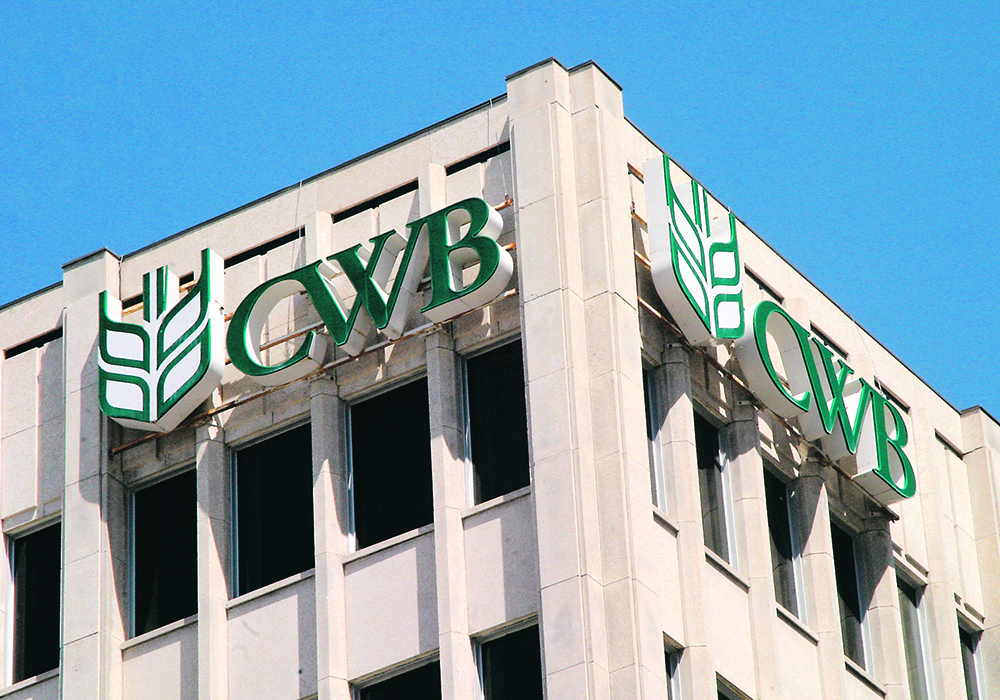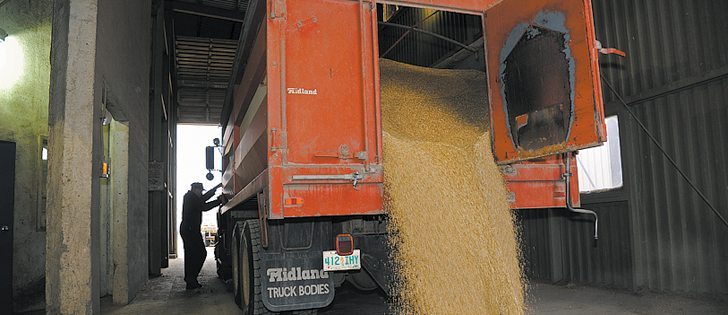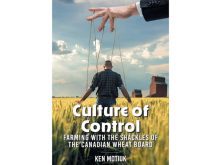Y2K was expected to be a disaster, turning the new millennium into a digital nightmare.
It wasn’t and we moved on.
Legalizing cannabis was feared by many to let loose the dogs of dope. After a few years, it looks like that too was no big deal and we’ve moved on to worry about other things.
Related story: Life after the wheat board
One could be forgiven thinking that the ending of the Canadian Wheat Board’s monopoly powers was also a no-big-deal situation in the end, considering the lack of recognition of the 10-year anniversary. Instead of parades and protests, celebrations and denunciations, the anniversary of the Conservative government’s breaking of the board has elicited little comment in farm country and almost no notice anywhere else.
Read Also

Soybean market still figuring out implications of China-U.S. pact
Soybean futures had a muted reaction to the U.S. trade deal with China as the market tries to figure out the nuances of the deal.
People have moved on.
But that doesn’t mean it wasn’t a big deal. It was an enormous change to a sophisticated marketing system that moves one of the world’s most important food crops and a vital commodity in the grains trade. Everything was affected, farmers most of all.
Wheat has gone from being a slow-marketed, averaged-priced commodity to a cash crop that competes directly with all of the farmer’s other crop choices.
Farmers are more closely connected to, and more dependent upon, durum and barley buyers.
Grain companies have greater control of their elevators and terminals. They are closer to many of their customers with the monopoly out of the way.
The railways have much less interference with their tracks, free from having to worry about two sets of contradictory signals running through the same system, and free from having to worry as much about farmer discontent with their service.
Farmers and Canada don’t have as much angry grain politics to be entertained or tortured by.
Are these good or bad changes? Farmers and rural communities are still split over the history, the politics and the changes. It’s still an awkward and divisive topic. That, to me, is the most likely reason there were so few anniversary celebrations or denunciations.
Farmers involved in the winning side of the political fight don’t want to be seen crowing and rubbing others’ noses in their victory. Farmers on the losing side don’t see much point in reliving the anger and the pain they felt when the changes were made.
Most in the middle have moved on and see little point in going back to the negativity and raw emotions of that time. There’s a new marketing reality and farmers are getting on with it.
I’m one of the many who was agnostic about the wheat board monopolies. I prefer free markets to non-market systems that rely upon regulations and coercion to operate, but the CWB strove to provide market-like options for growers, operated in a world market often dominated by foreign state-buying monopolies, and a selling monopoly isn’t generally a bad thing for boosting the prices of a sometimes-scarce commodity.
I knew many board staff, who were among the smartest and most educated people I have known. They were often fanatically committed to serving farmers the best they could.
I assumed the system was probably working as best it could, was run by good people, and that scrapping it would lead to unforeseeable disruptions, costs and crises that would dearly cost farmers.
Like many, perhaps most, I was pleasantly surprised that the sudden transition from the monopoly system to the free market went so well. That was a relief.
It has been heartening to see new grain companies enter the market, new facilities being built in a great wave of concrete construction, and the railways pouring money into their systems.
Farmers aren’t looking back. There’s not much point in scratching at the scabs and scars of the past. The farmer has moved on.
And that’s a big deal.
















